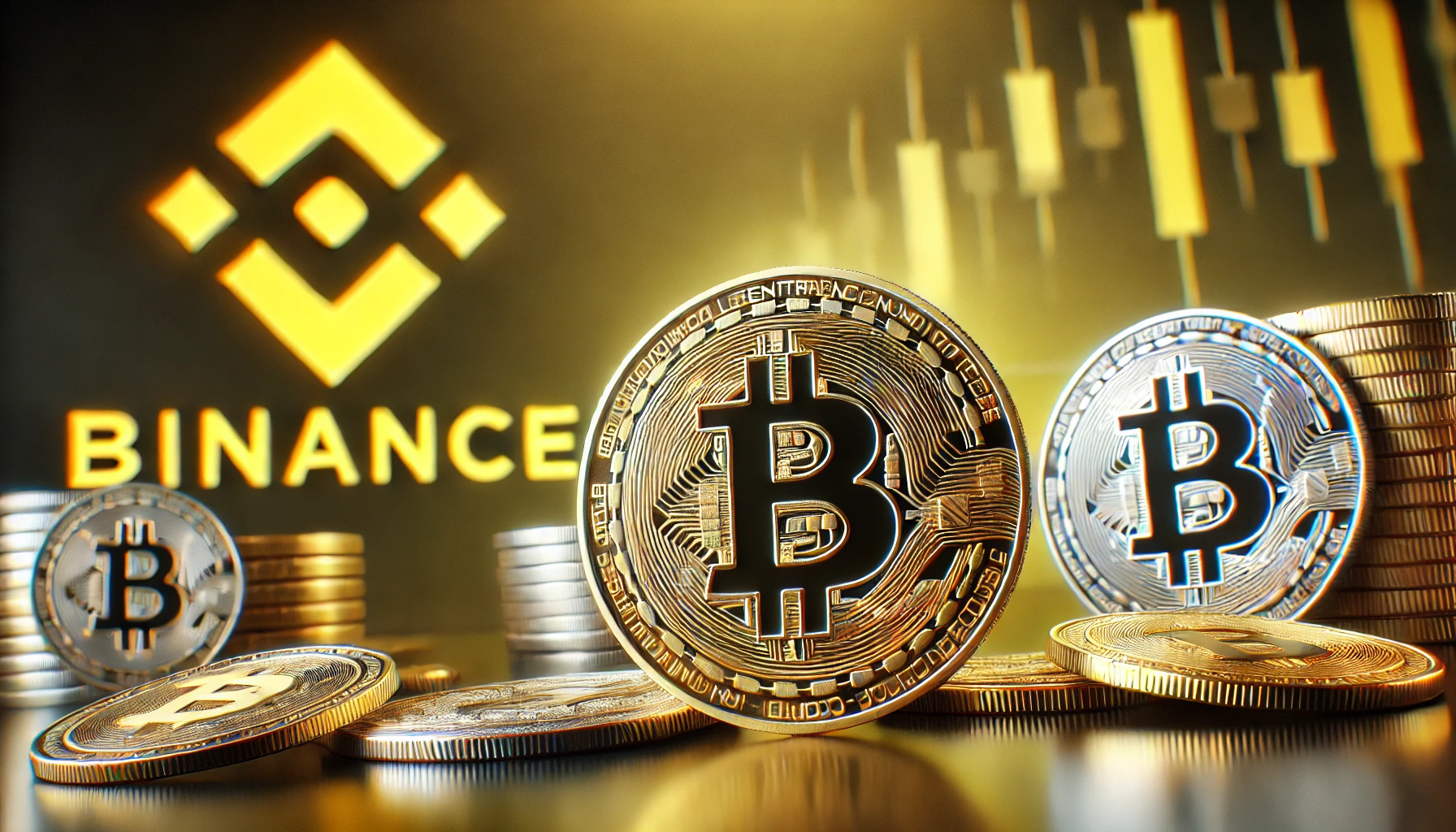This article details Binance’s agreement with Brazil’s Securities and Exchange Commission (CVM) to resolve a dispute over offering unauthorized derivatives products. The settlement, which includes a $1.7 million payment, reflects Binance’s strategic commitment to compliance and regulatory alignment in Brazil.
Points
- Binance reached a $1.7 million settlement with Brazil’s Securities and Exchange Commission (CVM).
- The dispute centered on Binance offering derivatives without proper authorization in Brazil.
- Binance’s settlement demonstrates its ongoing efforts to align with local regulatory requirements.
- The agreement marks a significant step toward Binance’s commitment to global regulatory compliance.
Binance, one of the world’s largest cryptocurrency exchanges, has successfully reached a settlement with Brazil’s Securities and Exchange Commission (CVM) following a lengthy dispute over the offering of derivatives products without proper authorization. This agreement, finalized with a payment of 9.6 million reais, approximately $1.7 million, underscores Binance’s strategic pivot towards regulatory compliance in the increasingly scrutinized global crypto market.
The issue dates back to 2020 when the CVM first issued a warning to Binance, accusing the exchange of facilitating derivatives trading for Brazilian residents without the necessary regulatory approval. Despite the warning, the situation remained unresolved until Binance proposed a settlement earlier in 2023, which was initially rejected by the CVM. The initial offer of roughly $365,000 was deemed insufficient by the regulator, leading to further negotiations that culminated in the recent agreement.
Binance’s statement to Cointelegraph emphasized that since the initial warning from the CVM, the exchange has taken significant steps to address the regulator’s concerns and ensure full compliance with local laws. The settlement not only closes the chapter on this particular dispute but also reaffirms Binance’s commitment to adhering to the regulatory frameworks of the markets in which it operates.
This move is part of a broader strategy by Binance to align itself with global regulatory standards, a necessary step as the cryptocurrency industry faces increasing scrutiny from financial regulators worldwide. By resolving its issues with the CVM, Binance strengthens its position in Brazil, one of the largest and most dynamic markets in Latin America for cryptocurrency adoption.
The settlement also reflects a growing trend within the cryptocurrency industry, where exchanges and other service providers are increasingly seeking to work within the confines of national regulations rather than operate in legal grey areas. This shift is critical as governments around the world, including those in major markets like the United States and Europe, continue to develop and enforce more stringent regulatory frameworks for digital assets.
解説
-
Regulatory Compliance: The settlement with Brazil’s CVM highlights the importance of regulatory compliance for cryptocurrency exchanges operating in global markets. As governments tighten their grip on the crypto industry, compliance becomes a competitive advantage, ensuring long-term sustainability and market access.
-
Derivatives Trading: Derivatives in the context of cryptocurrency are financial contracts that derive their value from an underlying crypto asset. These can include futures, options, and swaps. Regulatory approval for offering such products is crucial as they are complex and carry significant risk, which regulators aim to mitigate.
-
Strategic Implications: Binance’s settlement is not just a legal resolution but a strategic maneuver that allows the exchange to maintain its operations in Brazil while signaling to other global regulators its willingness to cooperate. This proactive approach may help Binance navigate future regulatory challenges more smoothly.
By focusing on compliance and strategically resolving disputes, Binance positions itself as a responsible player in the crypto space, potentially setting a precedent for other exchanges. This move is likely to enhance investor confidence and contribute to the broader acceptance of cryptocurrencies in regulated financial markets.
